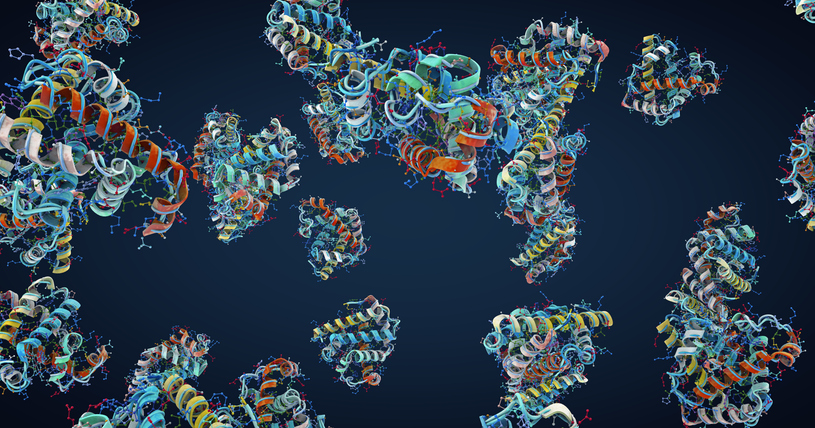A groundbreaking study has uncovered the role of a lesser-known protein, p47, in protecting cells from mechanical stress, potentially opening new avenues for treating diseases like heart muscle disorders and laminopathies, where protein stability under physical strain is compromised.
Conducted by researchers at the S. N. Bose National Centre for Basic Sciences (SNBNCBS), an autonomous institute under the Department of Science and Technology, the study highlights p47’s unexpected ability to act as a “mechanical chaperone.” This finding redefines the role of accessory proteins in cellular mechanics and protein quality control.
In living cells, proteins face constant mechanical forces during processes such as transport, degradation, and cytoskeletal remodeling. These forces influence how proteins fold and function. While canonical chaperones, specialized proteins that guide protein folding, have been widely studied, the role of their accessory cofactors has remained less explored.
Led by Dr. Shubhasis Haldar, the research team used single-molecule magnetic tweezers to apply controlled mechanical forces to individual protein molecules, simulating the physical stresses proteins encounter within cells. Their experiments revealed that p47, previously considered a mere assistant to the cellular machine p97, plays a direct role in stabilizing proteins under force. Unlike its traditional role in protein trafficking, degradation, and membrane fusion, p47 was found to bind to mechanically stretched proteins, enhancing their ability to refold even under constant pulling forces.
This foldase-like activity mirrors the function of canonical chaperones, marking p47 as a significant player in maintaining protein stability under mechanical stress. The study provides the first single-molecule evidence of a cofactor protein exhibiting autonomous, force-dependent protective activity.
Published in the journal *Biochemistry* as part of a special issue marking the 25th Anniversary of the Chemical Research Society of India, the findings suggest that targeting mechanical cofactors like p47 could lead to novel therapeutic strategies for diseases linked to protein instability. The discovery expands the understanding of accessory proteins and their potential in addressing conditions where mechanical stress disrupts cellular function.










